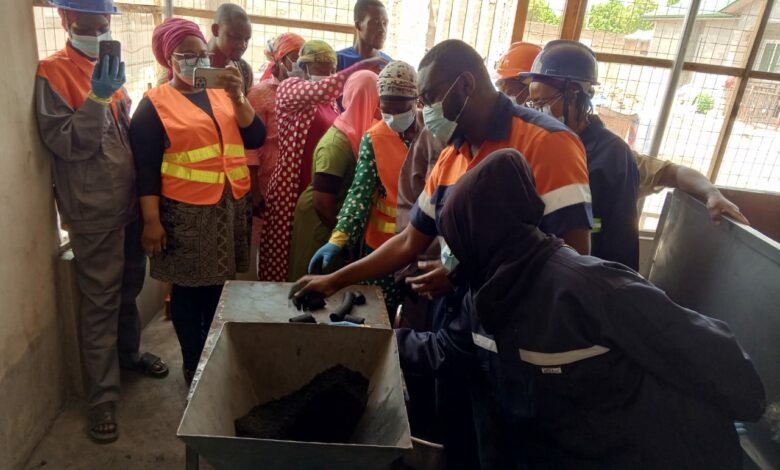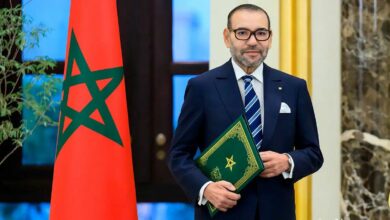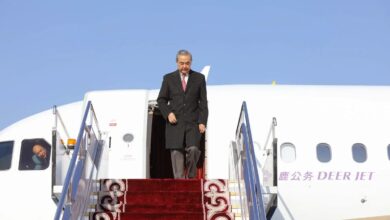Women trained on climate resilient alternative economic ventures
Women trained on climate resilient alternative economic ventures

The Upperlink Consult, a skills development and sustainable waste management organisation in Wa, has introduced some women to a climate-friendly alternative livelihood venture to preserve the environment. A total of 20 women drawn from four communities within the Wa Municipality-Nakore, Kpongu, Jonga and Wa went through a week-long skills training in briquette charcoal production, an alternative to lump wood charcoal production. Some five men within the beneficiary communities also benefited from the training which formed part of the implementation of the Ghana Skills Development Fund (GSDF) project, an initiative of the government of Ghana. The Upperlink Consult is implementing the project in the Upper West Region to enhance economic opportunities of people, especially women and other vulnerable groups in society. Professor Hamidatu Darimani, the Chief Executive Officer (CEO) of Upperlink Consult, told the Ghana News Agency (GNA) in an interview during the training that, the issues of climate change and deforestation had been a major concern to the government. She said her outfit thought it wise to train the women in briquette charcoal production since they were directly involved in the use of charcoal for cooking and the felling of trees for charcoal production. She said aside tackling the issues of climate change and deforestation through briquette charcoal production, the intervention would serve as an employment opportunity for the women since they could play active roles throughout the value chain. “So, we can employ these women to pick these carbonised materials immediately after farming. You know, they don’t have any work doing, (after the farming season), so, it will earn them a living. In our little corner, we are trying to reduce unemployment and solve the climate issues in this region”, Prof. Darimani said. She said Upperlink Consult would extend the training to other communities in the region to form a team of briquette charcoal producers in the region. She said the programme was also an opportunity to create awareness of the danger of tree felling and deforestation to the environment and human existence. She gave the assurance that her organisation would sustain the training after the project elapsed and appealed for support from well-meaning organisations to continue to train the people. Mr Amin Suleman, the Chief Labourer at Zaacoal, a briquette charcoal production company in Ghana, espoused the economic potential of briquette charcoal to the women. Mr Suleman said the produce had a big market both locally and internationally as it could be used in households and factories. He said the advocacy against lump wood charcoal in Ghana and the proposed ban on the importation of lump wood charcoal to the European markets by 2027 further presented a big market potential for briquette charcoal. Mr Suleman, who was a facilitator of the training, observed that Ghana was a charcoal consumption economy compared to LPG gas and electricity, which was also an economic advantage for actors in the briquette charcoal value chain. He said apart from briquette charcoal being environmentally friendly, it was also more durable than lump wood charcoal and preferred by many charcoal-dependent industries. Some beneficiaries, who spoke to the GNA, expressed happiness about the skills they had acquired through the training and expressed hope that it would impact their economic lives meaningfully. Madam Adams Hawawu, a beneficiary, said: “The importance of this training is big. We can also produce it and even if we will not sell but we can use it to cook and that means we will not have to spend money to buy charcoal again.” Madam Marry Salifu, another beneficiary, said the skills gained through the training would enable them to stop cutting trees to produce charcoal saying, “From here I can also produce them if I get the machines.”





